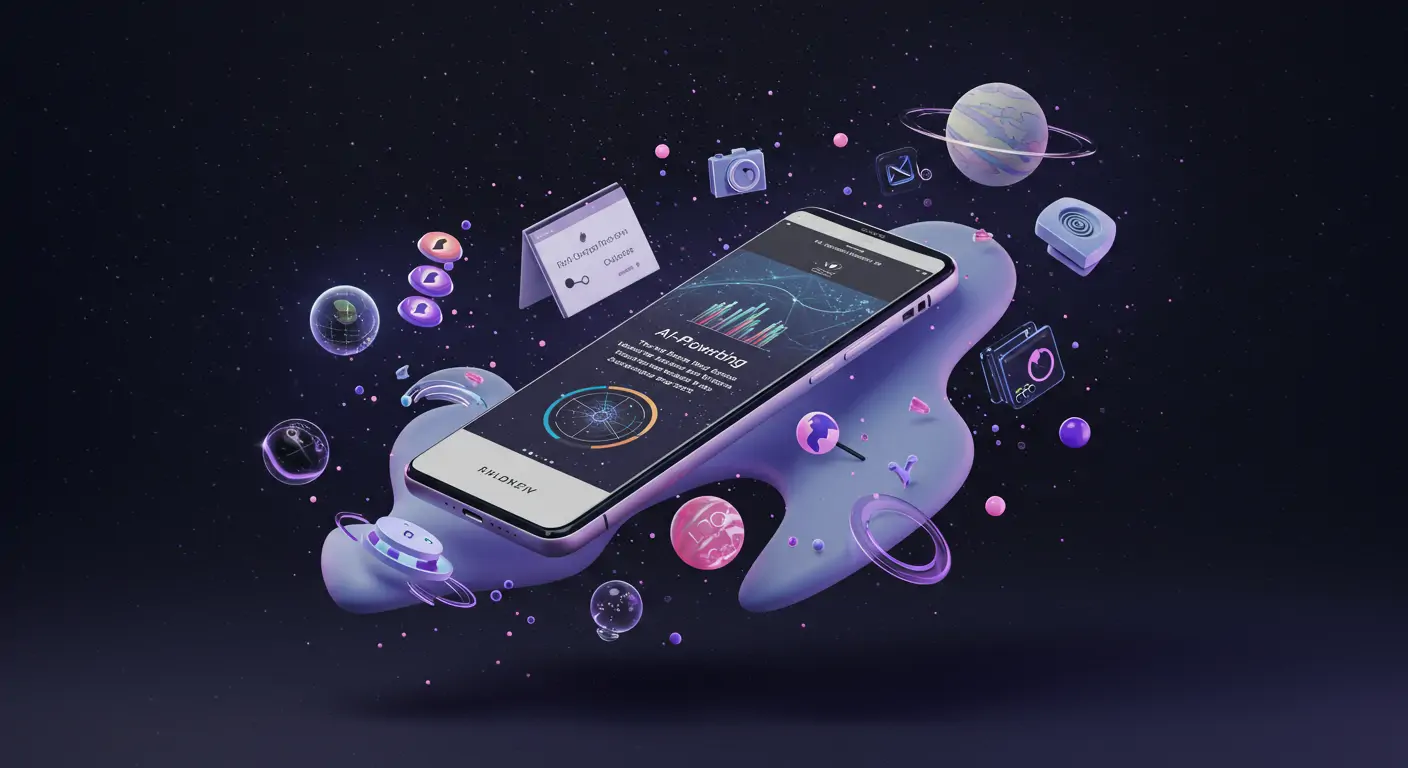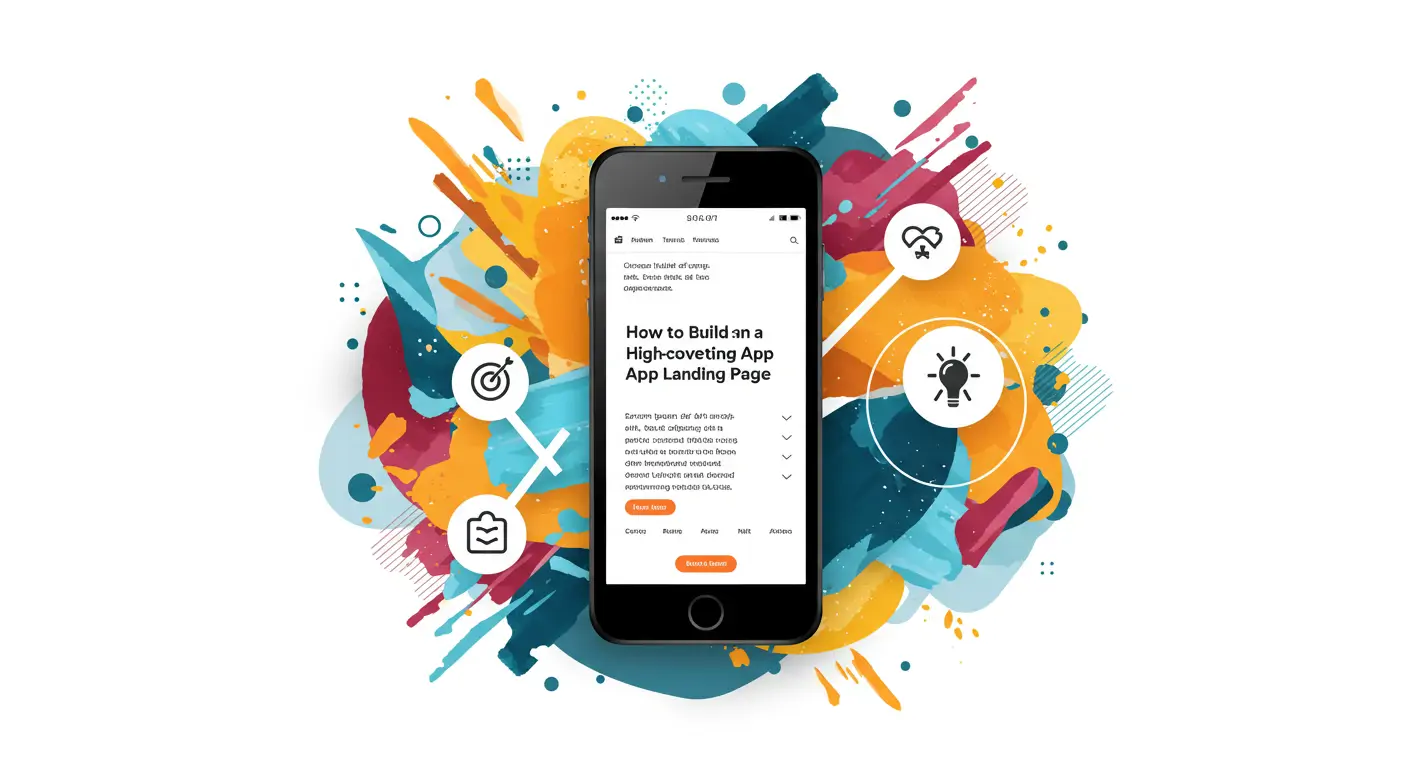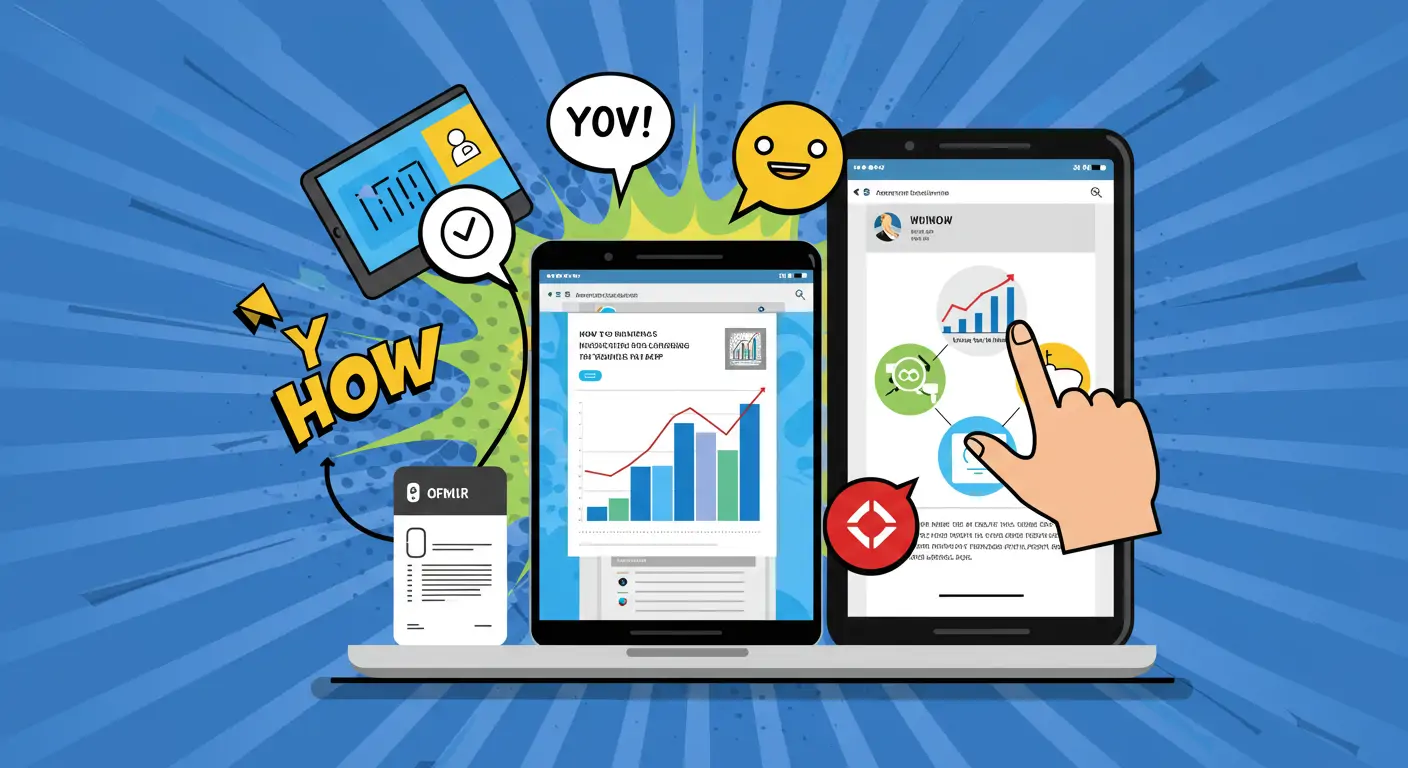Introduction: Why This Matters Now
In 2025, AI-powered app marketing is at the forefront of digital transformation, with a projected 44% increase in user acquisition efficiency reported by Digital Marketing World Forum (DMWF, 2025). This trend signifies a paradigm shift where manual strategies are giving way to sophisticated, automated solutions that cater to personalized user experiences. Companies and marketers alike must adapt to stay competitive amidst these rapid advancements, making this transformation critical for sustained growth.
Read time: Approximately 15 minutes
Key Drivers: What's Fueling This Trend
Driver 1: Technological Advancements in AI
With AI algorithms becoming more advanced, tools like IBM Watson and Google's AI suite have enabled marketers to process vast amounts of data, enhancing targeting precision and campaign personalization. In 2024 alone, AI-driven analytics increased marketing ROI by 38%, according to Statista.
Driver 2: Increasing Consumer Demand for Personalization
As consumers demand more tailored experiences, AI-powered marketing tools have facilitated hyper-personalization, resulting in a 30% improvement in customer engagement for early adopters (Forrester, 2024).
The Current State: What's Happening Right Now
As of 2025, the AI-powered app marketing sector is valued at approximately $12 billion, reflecting a 250% growth since 2023 (Gartner). Key players like Adobe, Salesforce, and HubSpot are leading the charge, integrating AI capabilities into their platforms to offer comprehensive marketing solutions.
Caption: Data visualization
Traditional marketing strategies struggle to keep up with the pace of AI innovations, often resulting in lower engagement rates and higher customer acquisition costs. AI's ability to quickly adapt and optimize campaigns is rendering these older methods obsolete.
Real-World Impact & Case Studies
Case Study 1: Spotify
- What they did: Implemented AI to optimize user recommendations and ad placements
- Results: Increased user retention by 25% and ad click-through rates by 40% (Spotify, 2024)
- Key lesson: Leveraging AI to refine user experience can significantly boost engagement and ROI.
Case Study 2: Lyft
- What they did: Utilized AI-driven predictive analytics to enhance customer acquisition strategies
- Results: Reduced customer acquisition costs by 20% within the first year of implementation (Lyft, 2025)
- Key lesson: Predictive analytics can streamline marketing efforts and improve cost efficiency.
Challenges & Criticisms
Despite its advantages, AI-powered marketing is not without challenges. Privacy concerns remain a significant hurdle, as AI systems require vast amounts of personal data to function effectively, raising ethical questions. Additionally, the high cost of AI technology implementation can be a barrier for smaller companies. There's also skepticism about AI's ability to fully understand human nuances, potentially leading to misinterpretations in customer interactions.
Future Outlook: What's Next
In the short term (6-12 months), we expect continuous refinement in AI algorithms that will further increase personalization and efficiency in marketing campaigns. Long-term implications (2-3 years) include the integration of AI with emerging technologies like augmented reality (AR) to enhance user interactions, projecting a market value of $30 billion by 2028 (McKinsey).
Businesses should prepare by investing in AI-driven tools and fostering a data-centric culture to remain competitive.
Frequently Asked Questions
- How does AI improve user acquisition efficiency?
- What are the potential privacy risks with AI marketing?
- Is AI marketing more cost-effective in the long run?
- What skills are essential for marketers in an AI-driven landscape?
- How can small businesses leverage AI marketing affordably?
Conclusion: Key Takeaways
- AI-powered marketing is redefining user acquisition strategies, enhancing efficiency and personalization.
- Key drivers include technological advancements and increasing consumer demand for personalized experiences.
- Despite privacy and cost challenges, AI offers significant competitive advantages.
- Businesses should embrace AI tools to stay ahead in the rapidly evolving digital market.
To learn more, companies should explore detailed AI marketing strategy guides and expert analyses.




